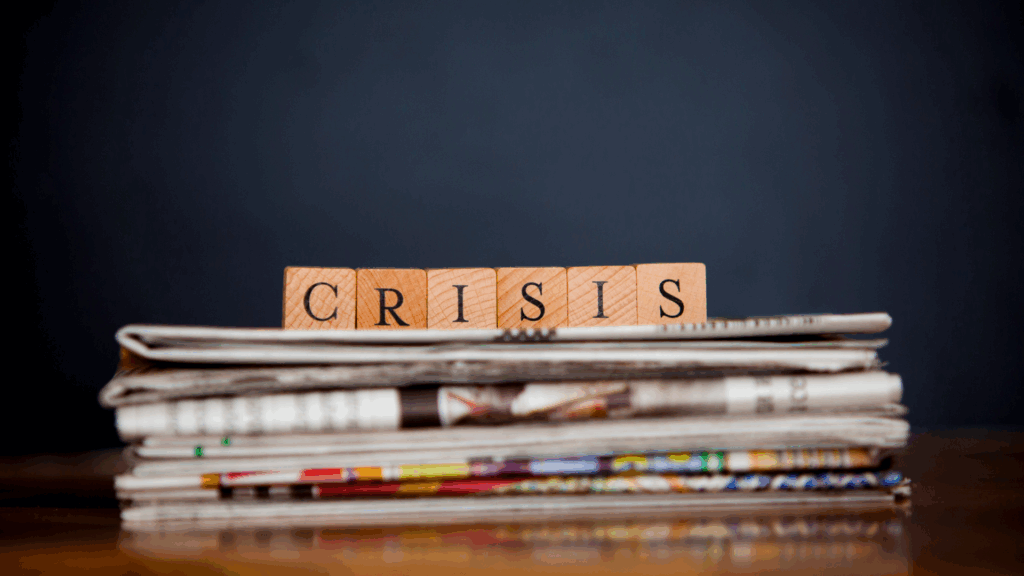
Crisis communication on social networks: Finding the right balance between speed and strategy
Marketing
Posted 31 Jul 2025
Crises tend to arise on social networks more quickly and uncontrollably than companies can react to them. Accusations spread quickly, comments under posts increase rapidly, and hashtags trend faster than ever — the public demands an immediate response!
However, it is precisely at such moments that the type of reaction has a decisive influence on the progression of the crisis. A poorly considered response that is strategically unwise can often cause more damage than the original problem. This means that the need for a quick response often conflicts with well-planned, strategic communication. The question remains: how can the right balance be found in this situation?
The speed of your response can determine if you retain control of the situation and can correct any misinformation. Users expect companies to be directly present and take a stand, rather than wait till they react. If an affected company remains silent or reacts too late, it quickly creates the impression that they are either disinterested or overwhelmed by the situation.
The example of Lufthansa’s flight chaos in 2017 demonstrates the importance of reacting quickly: despite massive strikes and numerous flight cancellations, the company acted swiftly. They provided compensation information, offered help proactively, and communicated transparently about progress in negotiations and damage limitations. The situation at United Airlines was very different that year. After a passenger was forcibly removed from an overbooked flight, the company’s initial response was slow and seemed ill-considered. Public criticism then intensified considerably, prompting United Airlines to publish a more considered apology.
A quick reaction is not necessarily the right one. Hasty statements made without further coordination can have serious consequences, ranging from legal problems to damage to a company’s image. A well-thought-out strategy can prevent crises and protect a company’s authenticity.
The well-known Ben & Jerry’s ice cream brand also implemented a well-thought-out and authentic strategy. As part of the Black Lives Matter movement, the company published not just a brief symbolic gesture, but a detailed statement that took a clear stance and was underpinned by concrete political demands.
In contrast, Pepsi’s strategy for the same civil rights movement, which featured a TV ad with Kendall Jenner, failed. Although the campaign aimed to address social tensions, it merely staged a superficial protest scene. Although the company reacted quickly by withdrawing the ad and issuing an apology, the damage to the brand’s reputation had already been done.
Effective crisis communication on social networks requires a quick response, but not without strategic thinking. If those responsible prioritize speed over strategy, they risk making ill-considered statements, losing trust, and triggering further crises. Conversely, even the best strategy will not help if it is implemented too late or not at all. Therefore, it is crucial to find a balance between speed, which establishes a presence, and strategy, which gives a company authenticity.
Would you like to maintain the balance in online crisis communications? If so, write to us at vibes@hbi.de. We can help you to act confidently and find the right words, even in sensitive situations.